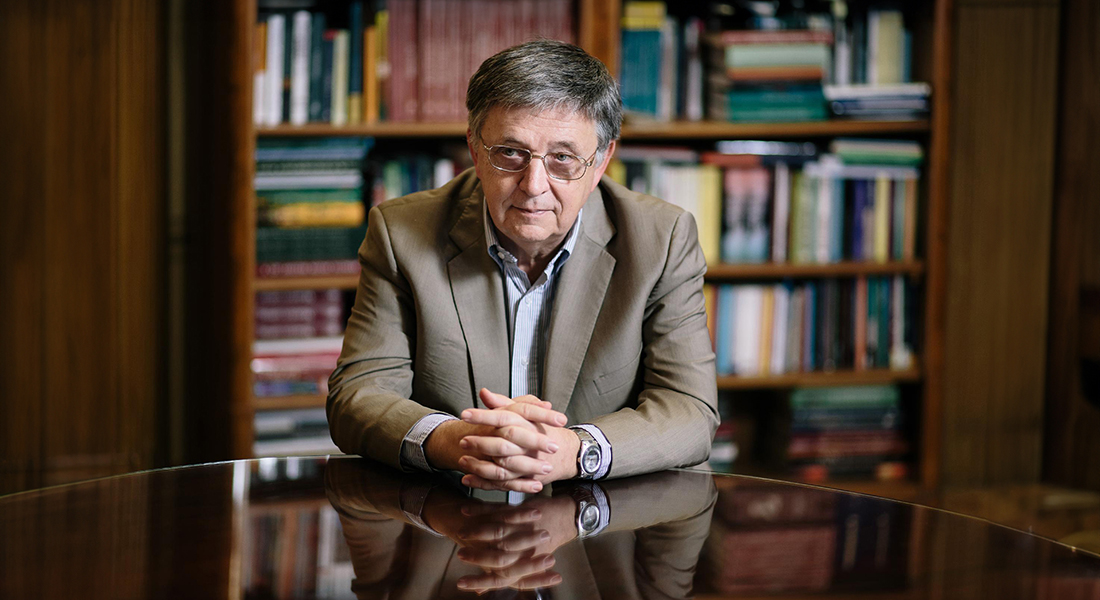Harald Bohr Lecture & Danish Mathematical Society Abel Prize Lecture

Speaker: László Lovász (Professor Emeritus of the Eötvös Loránd University and Research Professor of the Alfréd Rényi Institute of Mathematics). Recipient of the Abel Prize (2021).
Title: Discrete or continuous?
Abstract: From Zeno's paradoxes to quantum physics, the question of the continuous nature of our world has been prominent and remains unanswered. Does space-time really exist, or is it just a good model for an enormous, but finite number of elementary particles?
Discrete structures behave quite differently from continuous ones. The great success story of mathematics in the 18-th and 19-th centuries was the development of analysis, with extremely powerful tools such as differential equations or Fourier series, and with by now very standard methods like the famous (infamous?) epsilon-delta technique. Discrete mathematics had a later start, but for importance of its applications it is catching up. Its proof techniques are different, such as enumeration or induction. In the continuous world, algorithms are mostly computations, with numerical analysis at the center. In the discrete world, algorithmic ideas are more diverse, including
searching, recurrence, and (yes!) pulling in methods from continuous mathematics.
I will argue that these worlds are not as far apart as they seem. The use of computers forces us to approximate continuous structures by finite ones; but perhaps more surprisingly, very large finite structures can be very well approximated by continuous structures, and this approximation gets rid of inconvenient and unnecessary details. Many fundamental questions of
mathematics, probability, or physics can be asked in both settings, and their approaches cross-fertilize each other.
Coffee, tea and cakes will be served at 14:45 in front of AUD 1.
Harald Bohr Lectures

The Harald Bohr Lectures are named after the distinguished Danish mathematician Harald Bohr (1887-1951), to honor his legacy as an eminent and passionate communicator of mathematics. The Harald Bohr lecturers are outstanding mathematicians from both pure and applied mathematics.
The lectures are held 1-3 times per year. The Harald Bohr lecture series is organized by Magdalena Musat.
